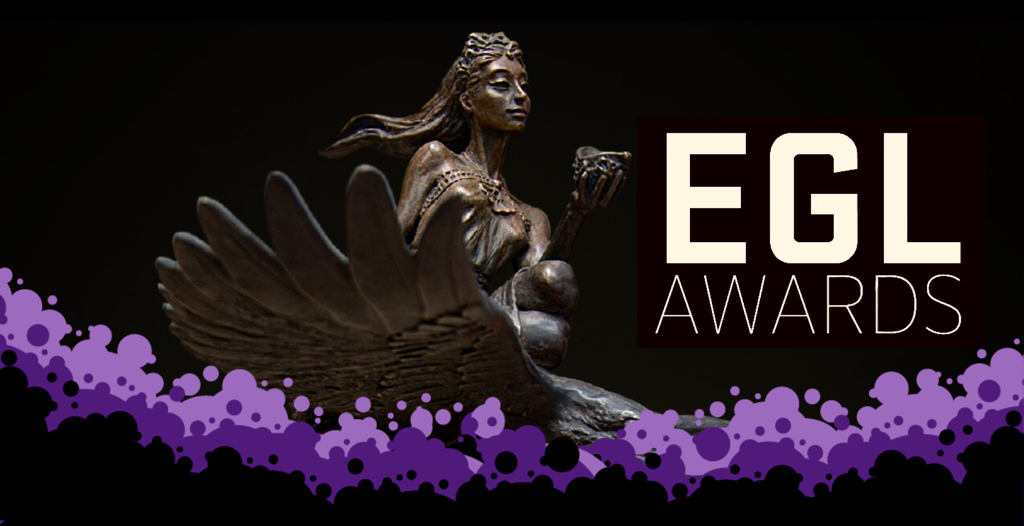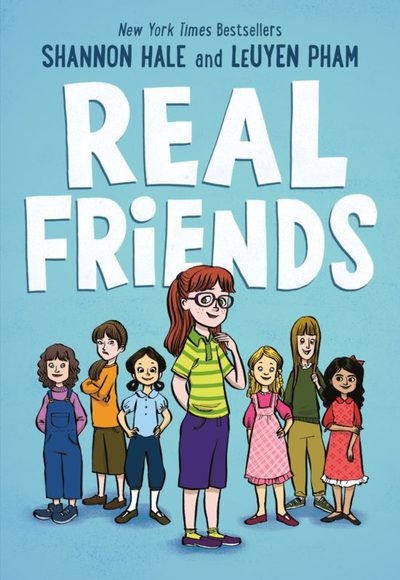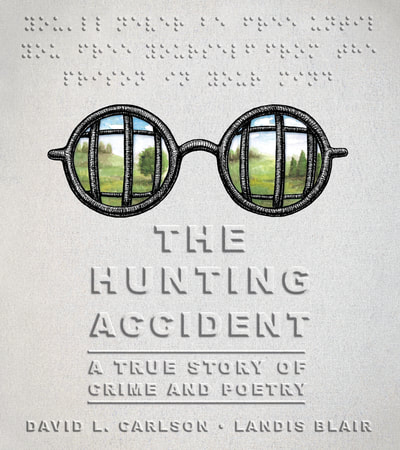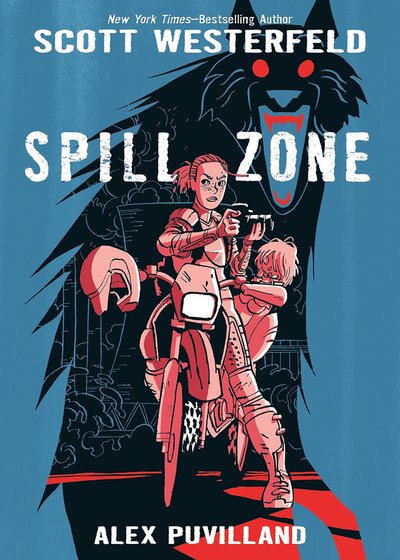 The EGL Awards statuette, the Saga, as designed by artists Colin Poole and Kristine Poole. Graphic adapted from denvercomiccon.com. The first-ever Excellence in Graphic Literature Awards were awarded about a week ago, on Saturday night, June 16, at the Denver Comic Con. Here are the winners:
This is a strong slate of books. I’m particularly pleased to see Thi Bui’s The Best We Could Do win the Mosaic Award. I confess, though, that my choices for Adult Book and Book of the Year would have been emphatically different. When the EGL Awards first announced their short list, I expressed some reservations about the list, in particular the Book of the Year category, and I continue to feel that way. In some ways the EGL Awards have gotten off to strong start. They are tied to Denver Comic Con and its sponsoring nonprofit, the Pop Culture Classroom, whose new Director of Education, Dr. Katie Monnin, is a sharp and tireless advocate for comics as children’s reading. Katie and I were Eisner Award judges together in 2013, and her knowledge of and enthusiasm for comics left a vivid impression. Moreover, the EGL Awards appeal specially to K-12 educators and librarians, which, as Heidi MacDonald’s Publishers Weekly article of May 25 reminds us, have become some of the most important constituencies in US comics culture (and reportedly there’s a good deal of comics activity happening right this moment at the ALA Annual Conference in New Orleans).
However, I remained concerned about the makeup of the EGL juries. Though the Awards boast of judges who are “diverse, experienced and informed professionals that span the publishing, library, and education industries,” I see very few comics artists or professional comics critics among them. I do see wisdom in targeting librarians and educators, but I worry about awards that seek to represent the best in comics without reckoning on the larger comics community. Perhaps there cannot be one award that truly represents the fragmented and factious world of comics; I note that Eisner Award results tend to skew toward what is popular in the direct market, i.e. the comic shop culture. The EGLs might be seen as a corrective to that. But I really do believe that the EGLs would benefit from bringing in more creators—not just publishing professionals, but artists and writers—to create a more rounded judging culture. That said, I look forward to what the EGLs do next year. They are just getting started, and I hope for the best.
0 Comments
Your comment will be posted after it is approved.
Leave a Reply. |
Archives
June 2024
|







 RSS Feed
RSS Feed
